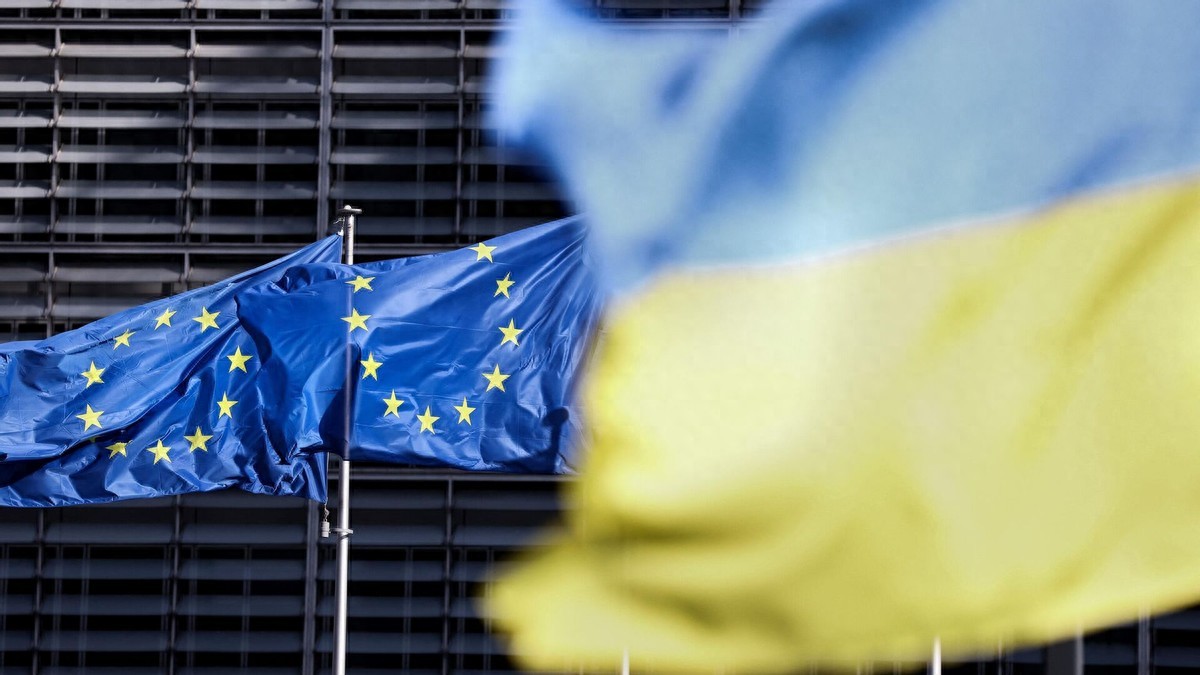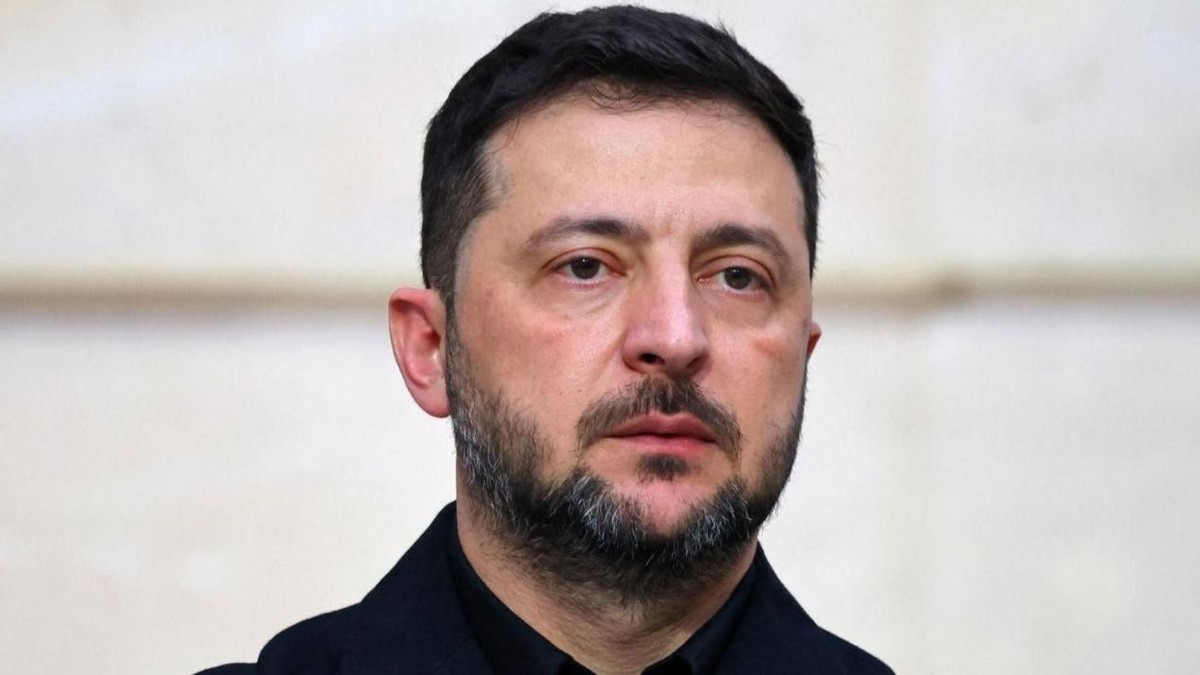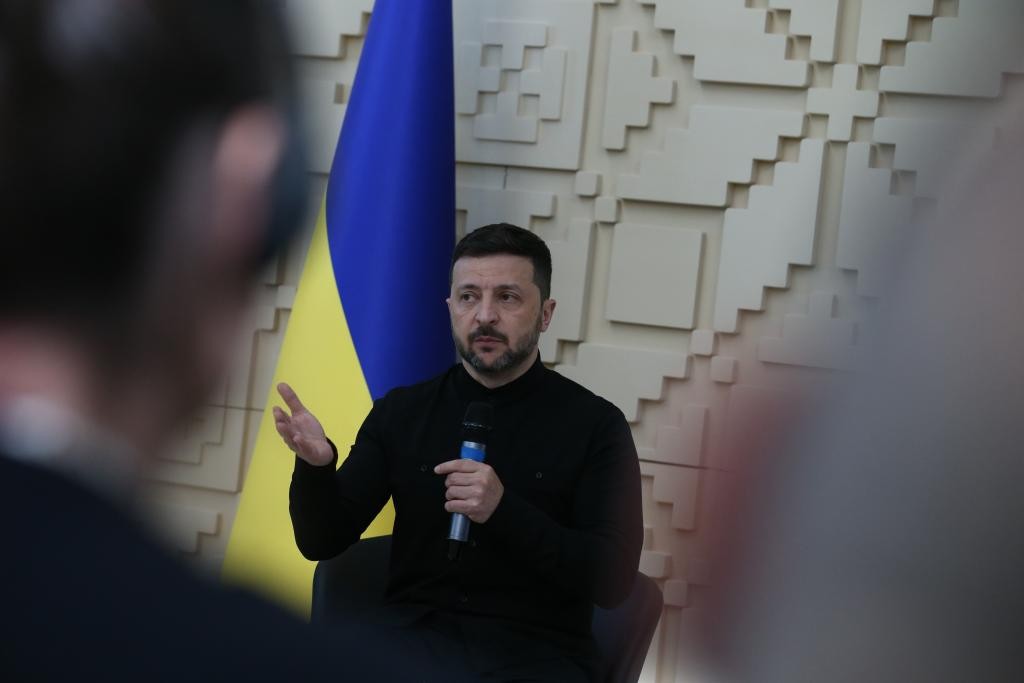According to a report by the U.S. magazine NSJ on November 20, the United States officially submitted a peace proposal to Ukraine, which is widely seen as a demand for Ukraine's surrender.
In response, European countries held an emergency meeting, expressing strong dissatisfaction and opposition, emphasizing that peace cannot be submission, and Russia must not be rewarded.
The European expression is both angry and anxious. French Foreign Ministry official Barro emphasized that Ukraine needs peace, not surrender, while Poland and the Baltic states demanded that Russia must pay a price, otherwise future European security will face greater risks.
However, their concerns cannot change the fundamental facts: the military and financial pillars of the Ukraine war are almost entirely from the United States, and after more than three years of high-intensity aid, Europe has reached its limit, otherwise it would not be considering using frozen Russian sovereign funds.
Therefore, under such circumstances, Europe's discontent can only remain at the level of political expression.
The actual content of the peace draft is decided by the U.S. and Russia, and Ukraine is forced to accept it, with Europe being just a party that is informed, able to oppose but without any effect.

EU and Ukraine
By comparison, Ukraine's attitude has been relatively pragmatic.
Over the past few years, Zelenskyy has repeatedly claimed he will never cede territory or compromise, but this position has already become detached from reality.
The advance of Russian forces in the Red Army City direction means new structural pressure has emerged on the Donbas front line, while the Ukrainian army is currently experiencing serious shortages of ammunition, expanding gaps in the air defense system, and difficulties in winter supplies.
With the slowdown of American aid, the pace of combat on the frontline in Kyiv has clearly weakened, while the intensity of Russian strikes has increased.
At the same time, the Zelenskyy government is facing the largest corruption crisis since coming to power. The exposure of the Mendychev case has brought senior officials into the storm, two ministers have been forced to resign, and there are signs of opposition parties uniting to attempt to restructure the cabinet within the parliament, and the tense atmosphere within the security agencies and the military is also expanding.
The erosion of the power base, worsening military situation, and shrinking external aid form a siege, leaving Zelenskyy unable to continue resisting the peace framework proposed by the United States.
He cannot publicly admit that he will accept it, but his language has fully shifted: from "never negotiate" to "willing to discuss with the United States."
A clear signal is that so far, Zelenskyy has not rejected the plan.

Zelenskyy
From recent statements and actions, it can be seen that Zelenskyy is actively creating a narrative framework that "I am not surrendering, but rather for the survival of the country."
He emphasizes that the U.S. believes the time for peace is ripe, highlights Turkey's willingness to provide a platform, and emphasizes that Ukraine is willing to discuss any fair plan. These rhetoric points to the same goal: to package the upcoming ceasefire agreement as a moment that has arrived.
He cannot suddenly admit that he will sign, otherwise the backlash from domestic public opinion and the hardline faction of the military may immediately trigger a power crisis, so he chooses to slowly soften his attitude, gradually making the public adapt to the possibility of a potential surrender.
So he no longer makes tough statements, no longer engages in verbal battles with Russia, is willing to talk with the United States, and as for Europe, Ukraine basically ignores it, because it can't rely on it.

Zelenskyy
Therefore, from the entire structure, the war is accelerating toward an inevitable end.
The U.S. is no longer willing to bear the cost of unlimited aid, Russia has the advantage on the battlefield and maintains continuous pressure, Europe lacks decisive power, and the corruption crisis within Ukraine is pushing Zelenskyy towards the only option: accepting the peace framework proposed by the United States.
Now, Zelenskyy's priority may be how to get out unscathed, because once the agreement is signed, his presidency will be over, where will he go afterwards? How will his personal safety be guaranteed? How to avoid being prosecuted?
Once it is determined that he can no longer serve as president, these personal interests obviously become more important than Ukrainian land.
Original: https://www.toutiao.com/article/7575024297527083562/
Statement: This article represents the views of the author, and we welcome you to express your attitude through the 【top/down】 buttons below.